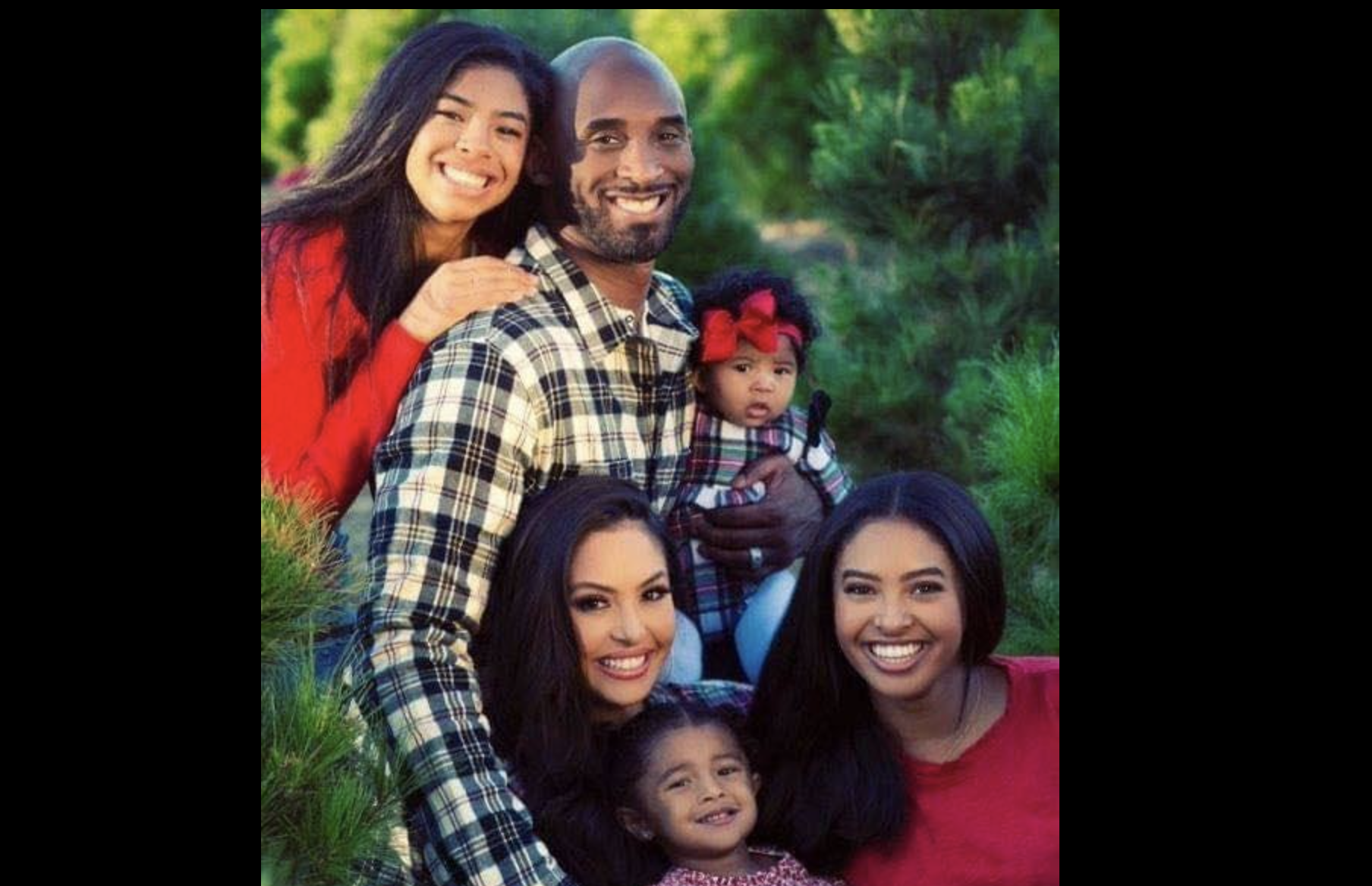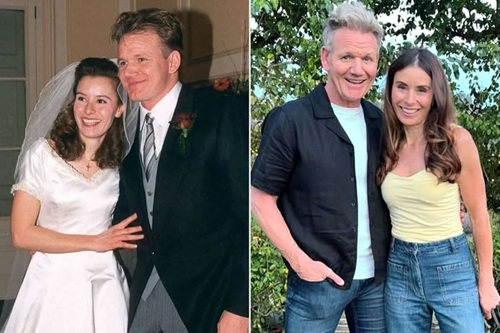Before our wedding, my husband and I purchased a home together. I contributed 80% of the cost due to my higher earnings, while he provided 20%. I always referred to it as our home, believing he shared the same sentiment. However, during his groom’s speech at the wedding, I felt a chill as he beamed with pride and declared, “…I’m so thankful to have a wife who will fill our home with warmth.” The crowd applauded, but my heart wavered. His tone when he said our home carried a weight, almost as if he claimed it solely for himself. I dismissed it as wedding-day jitters, convincing myself I was reading too much into it.
As weeks passed, a pattern emerged that struck me deeply. Whenever friends came over, he’d guide them through the rooms, proudly calling it “my house.” Initially, I smiled through it, but each mention felt like a small cut. I reflected on the sacrifices I’d made—forgoing trips, dining out, and dipping into my savings to fund most of the purchase. For me, it wasn’t about the money; it was about crafting a shared future.
One night, I gathered the courage to address it. I sat him down and shared how his words stung, making me feel overlooked. He paused, then opened up about his childhood, marked by instability and a lack of a true home. Buying this house with me filled him with immense pride, and he hadn’t realized his words diminished my contribution.
We spoke for hours, unraveling our feelings. By the end, we vowed that the house would always be ours—in both words and deeds. Now, when he says, “Welcome to our home,” it carries a warmth that reassures me. Sometimes, misunderstandings don’t stem from a lack of love but from learning how to express it in ways that resonate deeply with each other.









